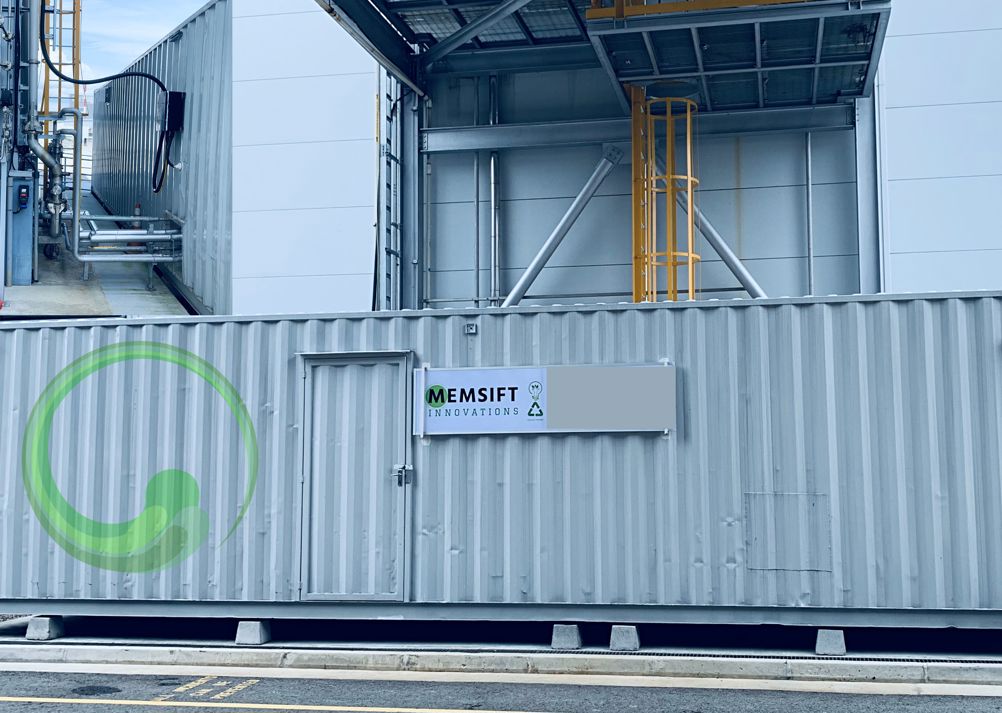The pharmaceutical giant recently conducted successful tests on Memsift Innovations' TS-30 Improved Membrane Distillation system. Memsift's IMD system employs a thermodynamic principle-based thermal separation process and a proprietary membrane which significantly reduces the cost of industrial liquid waste treatment.
Building on the positive outcomes of a feasibility study initiated in 2019, a full-scale onsite pilot program was launched in early 2022 and has been in continuous operation for over a year. This pilot demonstrated the system's capability to consistently treat liquid waste and produce exceptionally high-quality water.
The pharmaceutical company will now use this technology on a commercial scale, marking a significant step towards closing its liquid waste loop. This will enable the company to achieve more than 90% cost savings in waste disposal and reduce its carbon footprint by up to 80% compared to conventional disposal and incineration methods, resulting in an estimated reduction of 490 tons of CO2 emissions annually.

Dr J Antony Prince, founder & CEO of Memsift Innovations, commended the pharma giant’s support and enthusiasm throughout the project's challenges, emphasizing the importance of transforming waste into value. Dr Prince believes this project serves as a shining example of how a global industry leader can collaborate with technology startups like Memsift to address critical global issues such as water conservation (SDG-6) and climate change (SDG-13) while preserving resources and a clean environment for future generations.
The commercial implementation of this project is slated to begin in the first quarter of 2024.






